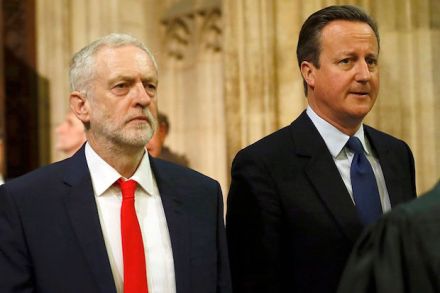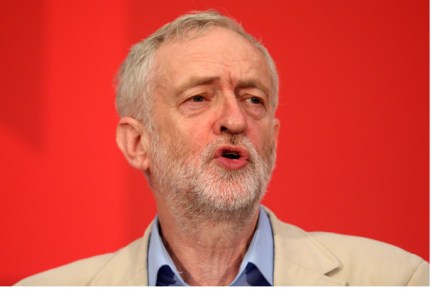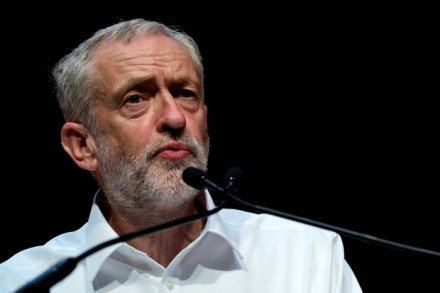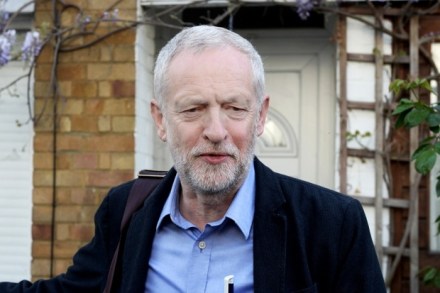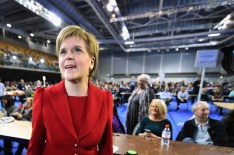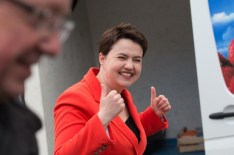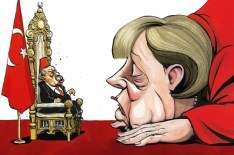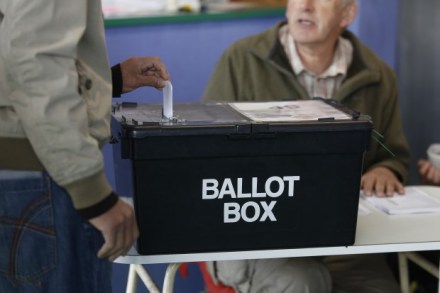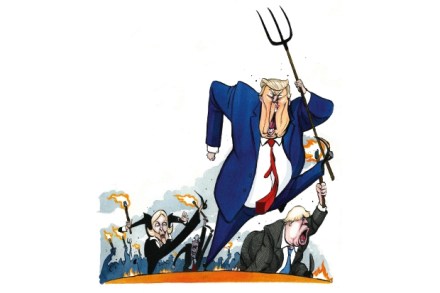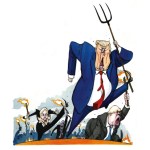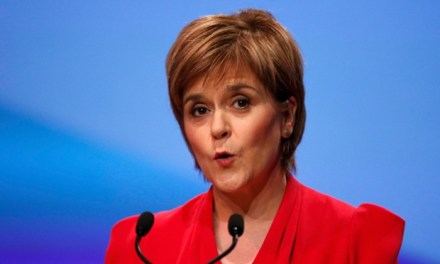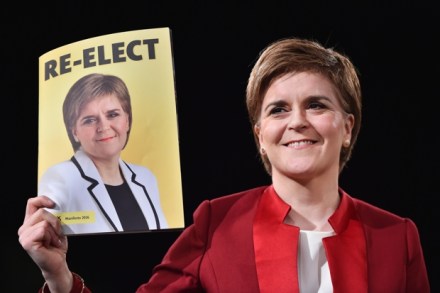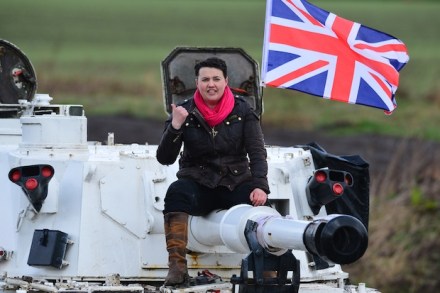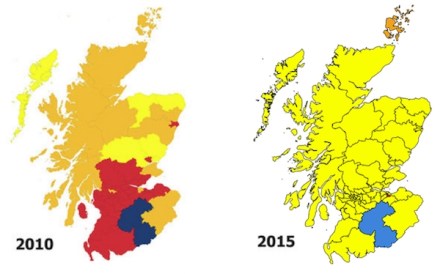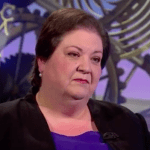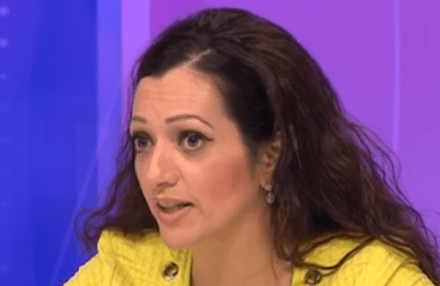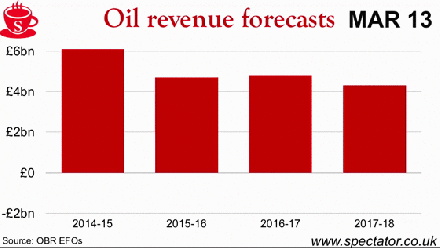Corbyn could have done wonders for his reputation, if he’d only made today’s speech shorter
The speeches in the Commons which follow the Queen’s Speech blend together humour with some serious points. They are the Commons as its most clubbable, with lots of in jokes and the like. So, there was a fair amount of chatter about how Jeremy Corbyn – who is not the clubbable sort – would deal with the occasion. At first, the answer was surprisingly well. He was funny, and generous, about the proposer, Caroline Spelman, and the second, Philip Lee. The House was laughing with him, and even Cameron couldn’t help but chuckle at some rather good jokes including those at his own party’s expense. But then Corbyn turned serious,
